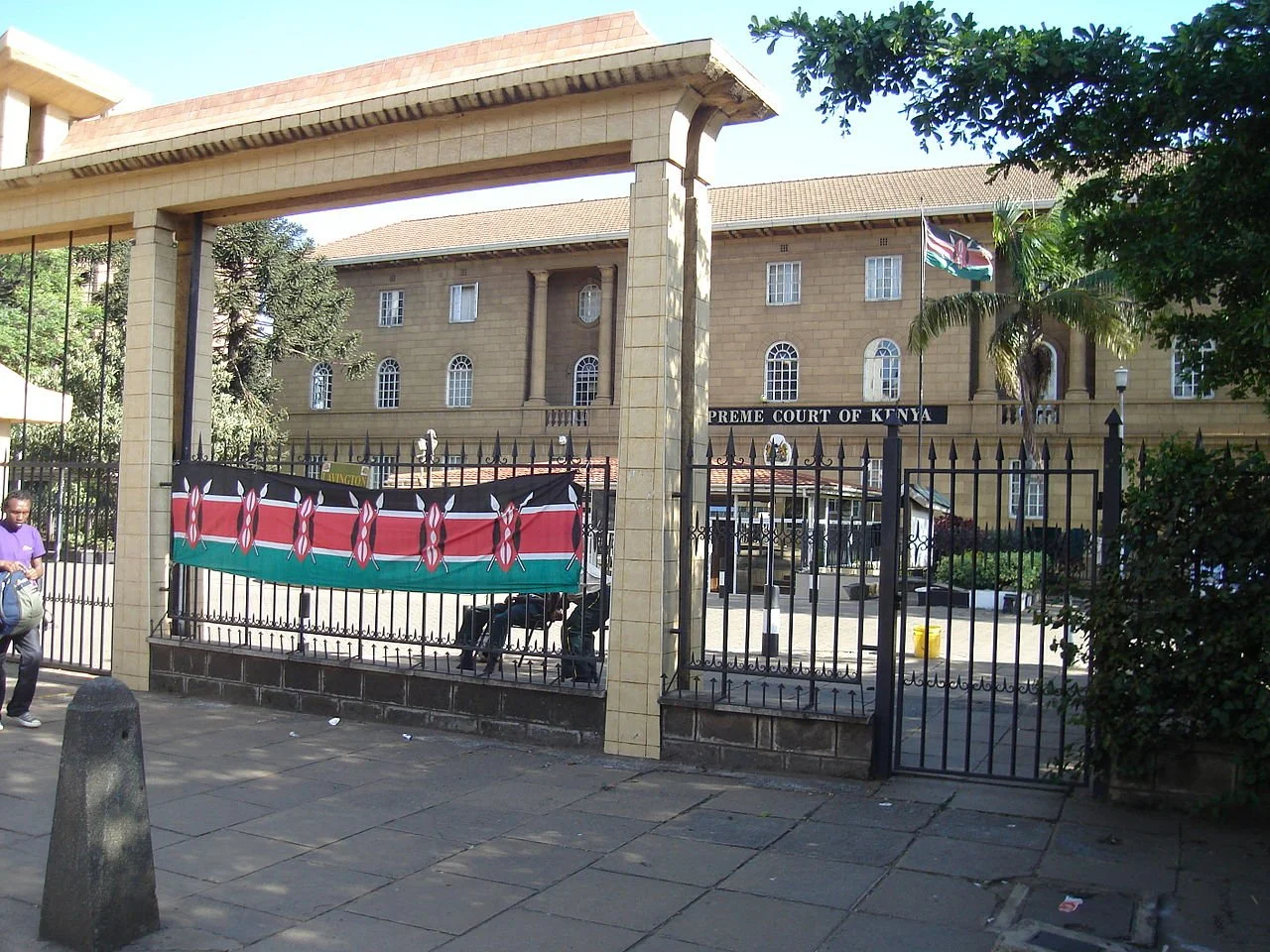![Legal Vendors]()
Some lawyers before a jury trial use jury consultants or focus groups to get insight into how a real jury may consider the facts and what themes may be more persuasive than others. This is especially helpful for lawyers who may come from different social backgrounds from members of the jury. This is also helpful because some things that may seem irrelevant to a lawyer (such as where a witness works or lives) may have significant impact on their credibility to some jurors.
Read More
![Initial Phone Calls]()
Most of my calls do not end with me getting a new client. I don’t want to take people’s money for a case they cannot win. But I want people to remember me when future issues arise. So I try to be a sympathetic ear for their problems and a source for an honest view of how I see their case. My hope is that people appreciate that.
Read More
![Litigation in Iran]()
There is no pre-trial discovery in Iran. The first time a litigant sees opposing witnesses is at the trial before the judge. I can, however, use the electronic platform to review the documents opposing litigants submit to a court.
Read More
![Comments on Recent Cases: February 2023]()
Litigation News published an article I recently wrote about the process of fighting an arbitration award in court. Although courts generally do not second guess the decisions of arbitrators or give litigants a second chance to present their case, there are limited circumstances when a court will refuse to issue a litigation judgment based on an arbitration.
Read More
![Cross-Border Issues in Judgment Enforcement]()
Litigants frequently seek to domesticate foreign judgments in the United States because defendants often have accounts at American banks. The United States may also seem like an attractive place to domesticate a judgment because nearly every major bank in the world has an office or does business in the United States. But just because a bank is subject to jurisdiction in the United States does not mean that courts will definitely enforce foreign judgments against the assets they hold.
Read More
![Sanctions Motions]()
Many sanctions motions arise in the context of discovery. This is because the court system generally relies on the parties to trust each other in the conduct of discovery. There is no judge present for depositions and the parties usually supervise their own document gathering and production. Because of this freedom from direct oversight, there is a lot of opportunity for abuse. Accordingly, parties frequently allege other people violate the rules.
Read More
![Litigation in Italy]()
Lower-level courts often consult with the higher-level courts before trial to be assured that their judgments will not be appealed, which works quite well for simple disputes. But when it comes to complex disputes between large corporations, the lower-level courts cannot really issue an unappealable judgment.
Read More
![Comments on Recent Cases: January 2023]()
Parties to a contract often go to court when they have different interpretations of what an agreement means. Litigation, however, is expensive and burdensome, and so many litigants ask the court to decide the issue of contract interpretation at the start of a lawsuit, before going through discovery. But at an initial stage, courts may decline to decide how to interpret an agreement.
Read More
![Litigation Software Update]()
Beyond collaborating on documents, online storage is important to make sure important documents can be easily found in one place and are not vulnerable to destruction if a computer or disk is lost or destroyed. And I understand that online storage is very inexpensive right now.
Read More
![Employment Separation Agreements]()
Every negotiation is different and some employers may offer very different terms than others. Some big companies have a lot of money and are generous to outgoing employees. Some employers are less generous and offer very little. There are usually no requirements for the amount of a severance.
Read More
![Non-Competition Agreements]()
Courts are often reluctant to enforce non-competition agreements. They recognize that workers need to be allowed to make a living and often do not have the same bargaining power as employers when entering into employment agreements. And so they will not just enforce any non-competition agreement they see. Instead, they only enforce ones with reasonable limits.
Read More
![Litigation in Kenya]()
A strength of the Kenyan courts is the use of mediation. In an effort to maintain relations, the court often sends parties to Court Annexed Mediation, since it’s a faster route to resolve disputes. Another strength is that the parties are given a limited timeline to exchange documents, which prevents parties from dragging the case along.
Read More











